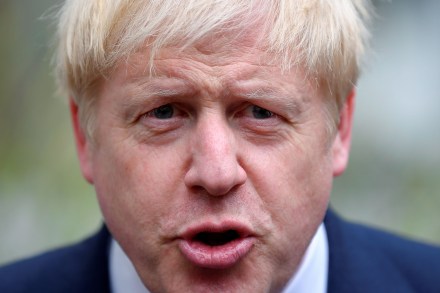Boris Johnson’s Parliament shutdown isn't unconstitutional
Has Boris Johnson done a Charles I and shut down Parliament indefinitely? The headlines this week might lead you to think so. ‘Uproar as Boris Johnson shuts down parliament to protect Brexit plan’, reported the FT. John Bercow called it ‘a constitutional outrage’. ‘It’s tantamount to a coup against Parliament,’ raged former attorney general Dominic Grieve. Nicola Sturgeon called it ‘a dictatorship’. Yet the reality hardly lives up to the rhetoric. These are the facts: Parliament will return from summer recess on 3 September as planned. Parliament will not sit from mid-September to early October during the three-week party conference season – also as planned and as happens every year. What has














